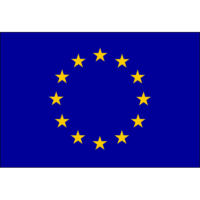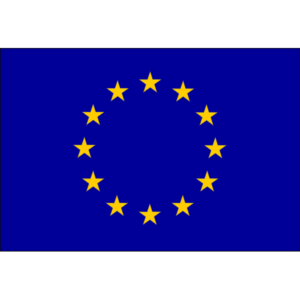Investor confidence in European defence companies soared as expectations of increased military spending drove shares higher. With governments likely to escalate borrowing in the coming years to fund defence initiatives, the sector is seeing a strong rally.
The Stoxx 600 index climbed 0.3%, propelled by defence stocks, with Germany’s Rheinmetall AG surging 8.9%. A Goldman Sachs index tracking European defence companies reached an all-time high, reflecting strong investor sentiment. Meanwhile, US markets remained closed for a public holiday.
European officials are crafting a substantial new defence spending package, with key EU leaders set to meet in Paris on Monday to discuss their strategy. This move follows increased pressure from the US to accelerate peace negotiations in Ukraine and Vice President JD Vance’s pointed criticism of European allies at a recent security conference.
“The goalposts are shifting, and the EU is realizing they can rely less and less on the US for protecting its borders. In lockstep, we’re going to have to see European countries spend more on defence,” said Aneeka Gupta, head of macro research at Wisdomtree UK Ltd. “That does warrant a bit more caution on bonds.”
With European nations shouldering the financial burden of supporting Ukraine and strengthening their own defence capabilities, Bloomberg Economics estimates suggest the cost could reach an additional $3.1 trillion over the next decade. This expectation of increased expenditure has reinforced the view that debt issuance will need to rise to meet strategic security demands.
Beyond defence, European equities also found support in improving sentiment towards China, a vital export market. Investors are showing renewed enthusiasm for technology stocks, particularly in China, driven by optimism surrounding DeepSeek’s AI advancements. Further boosting market confidence, President Xi Jinping’s meeting with prominent business figures, including e-commerce leader Jack Ma, was perceived as a significant catalyst for gains.
Fidelity European Trust PLC (LON:FEV) aims to be the cornerstone long-term investment of choice for those seeking European exposure across market cycles.



